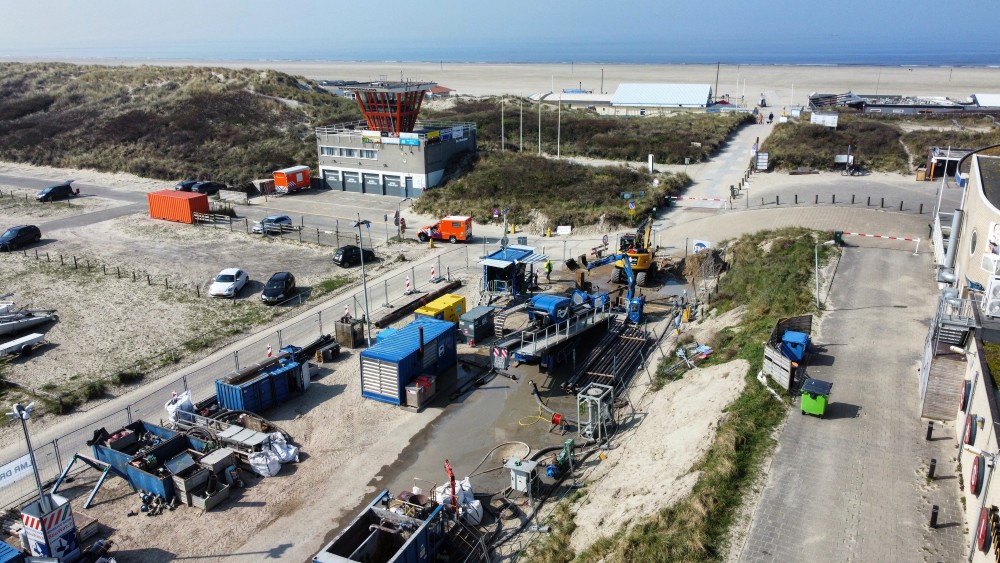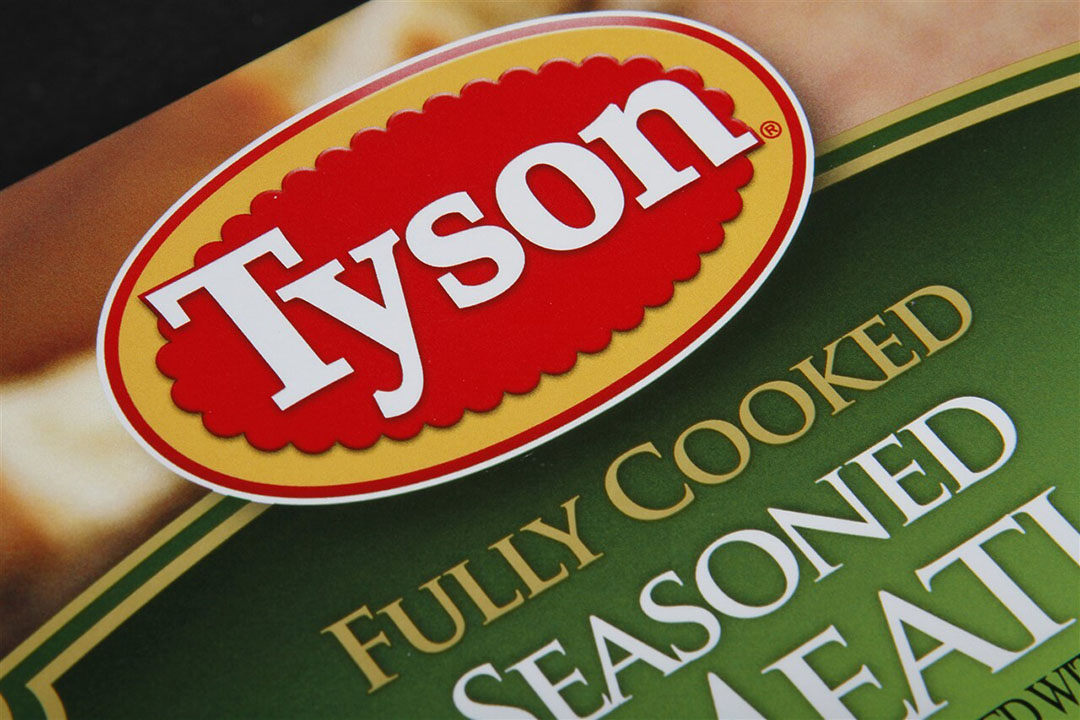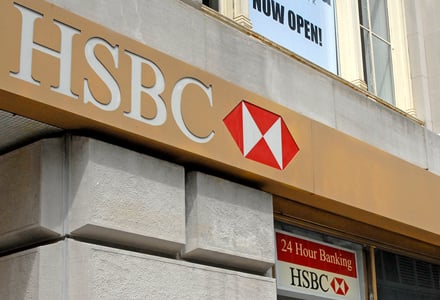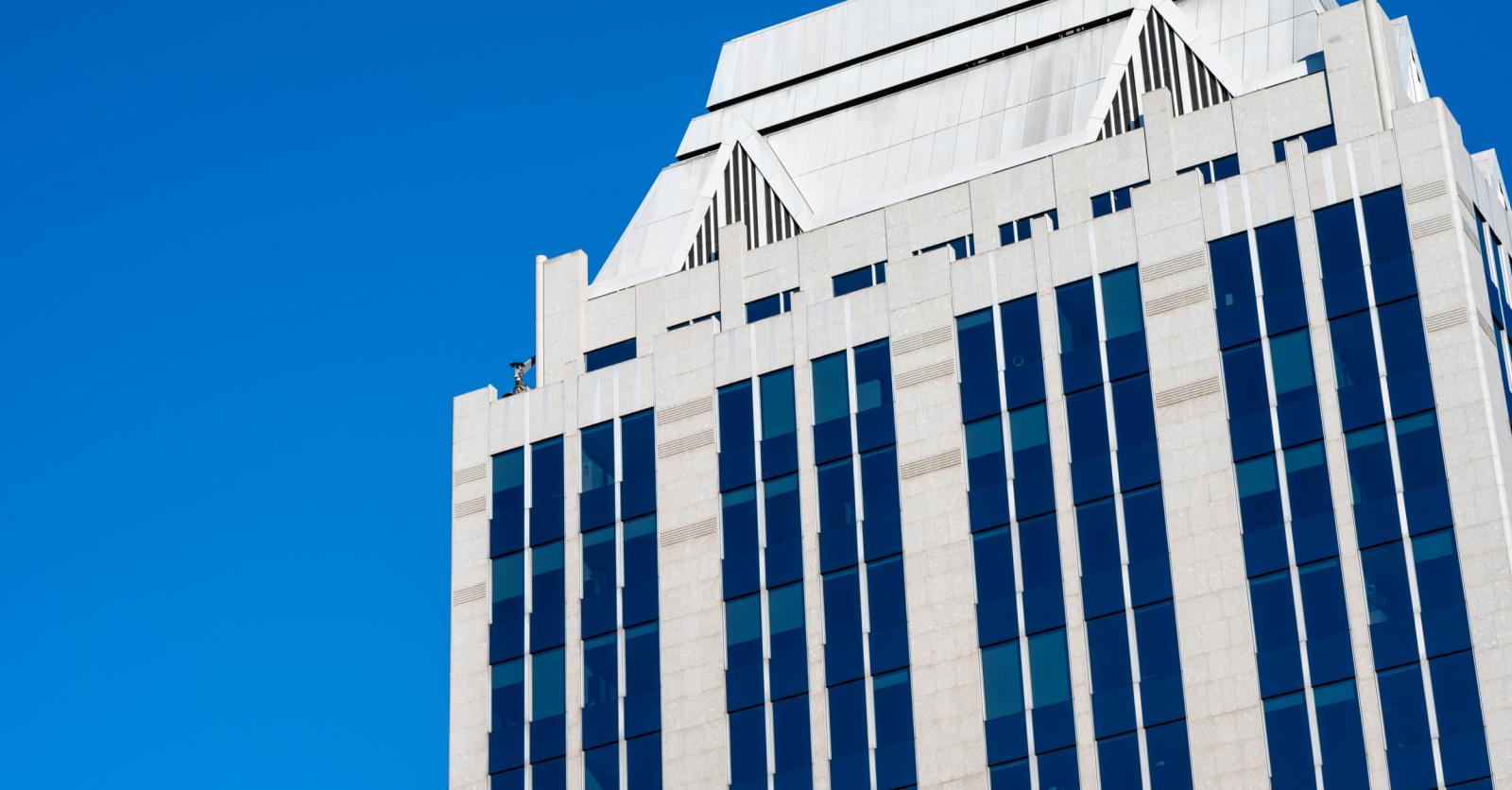At first glance it looks like an ordinary construction site, a barrier in the parking lot at IJmuiden aan Zee beach. There is no indication that work is being carried out here on perhaps the most important cable link between Britain, the Netherlands and the rest of the world. But it is.
“We are building here critical infrastructure”, explains the UK’s Kevin Dean, head of marketing at EuNetworks. It’s small, but it’s the artery for internet service in Western Europe. “We’re talking about superhighways here.”
EuNetworks, an international company headquartered in London, builds and manages thousands of kilometers of cable connections in Europe. Through its fiber optic network, data flows from data center to data center, city to city and country to country. Imagine your virtual family photos, games and chat conversations. But companies in particular, which are increasingly working ‘in the cloud’, are benefiting from this connection.
First in 20 years
The cable line between the UK and the Netherlands, installed in the late 1990s, is now nearing the end of its life. The new cable near IJmuiden will be the first in the North Sea, with almost double the capacity.
The fact that the cable landed in North Holland was not chosen at random. Amsterdam has been one of the most important internet centers in the world for many years and with its presence data center at AgriportSchiphol-Rijk and Almere, this status will only be strengthened.
Such a super connection already exists between London and Dublin. Amsterdam is now connected via cable at IJmuiden.
Various data cables in the North Sea near North Holland (approximate location). Text continues below the map
“We’re really strengthening the economic ties between the Netherlands, the UK and the rest of the world,” said Dean, referring to the importance of good data connections between cities. “This system advanced and the first in 20 years.”
Construction process
Laying cables has been preceded by a long process. For example, permits must be negotiated with both countries, a process that takes about two years. For certain parts, you even have to ask permission from the Queen of England.
Construction is now progressing smoothly. Work is now underway at the beach car park on a 17 meter deep hole, from which the cable will be pulled to a temporary platform 400 meters offshore. After that, the cable was buried at the bottom of the North Sea.
“This could lead to the emergence of a new technology hub between IJmuiden and Amsterdam”
New technologies were used during construction. The camera is used to look for low points of sand waves on the seabed, causing the cable to gradually disappear under the layer of sand due to the current. “This process provides greater protection to the cable by burying it deeper, and also has less impact on the environment.”
text continues below the frame
Security
There are a number of data cables across the North Sea between the Netherlands and the UK, most of which date from the 1990s (see map above). The most important today is Atlantic Crossing 1 (AC-1), which runs from New York to Beverwijk, via England and the German Wadden Sea. The place where the cable lands has even been designated as critical infrastructure by the US government. Beverwijk even became mentioned in WikiLeaks documents.
The cable landing at IJmuiden, like AC-1, is part of ‘critical infrastructure’ and will also have strong security. EuNetworks can’t say exactly how, but the location will be secured physically and virtually.
Actual cable withdrawals will begin in June. When the work is finished, the parking lot is being repaired.
Technology center near IJmuiden?
The cable’s arrival also offers opportunities for companies in the region, Dean said. “Internet companies, including data centers, can build their networks near cables. This could lead to the emergence of a new technology hub between IJmuiden and Amsterdam.”
Whether this means data centers will also be coming to IJmuiden port soon remains to be seen. According to Ton van der Scheer from the OV IJmond business association, land there is scarce. “We are more likely to see port-related companies moving there,” he said.
But this can certainly offer something to entrepreneurs in the IJmond area. “We used to be well connected by sea, now also by cable,” Van der Scheer joked.
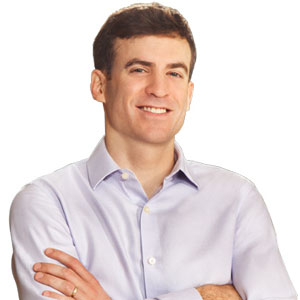
“Incurable alcohol fan. Proud web practitioner. Wannabe gamer. Music buff. Explorer.”

